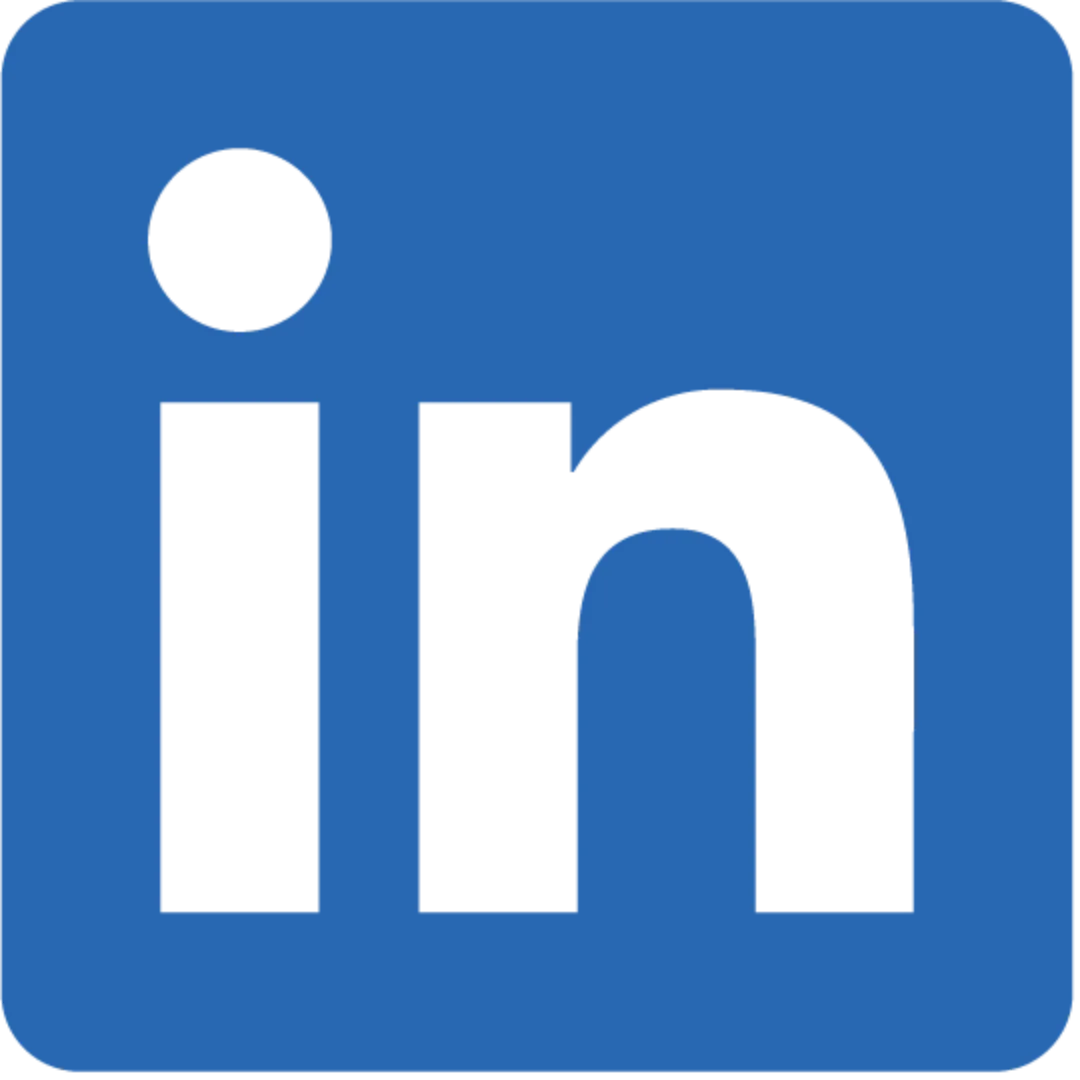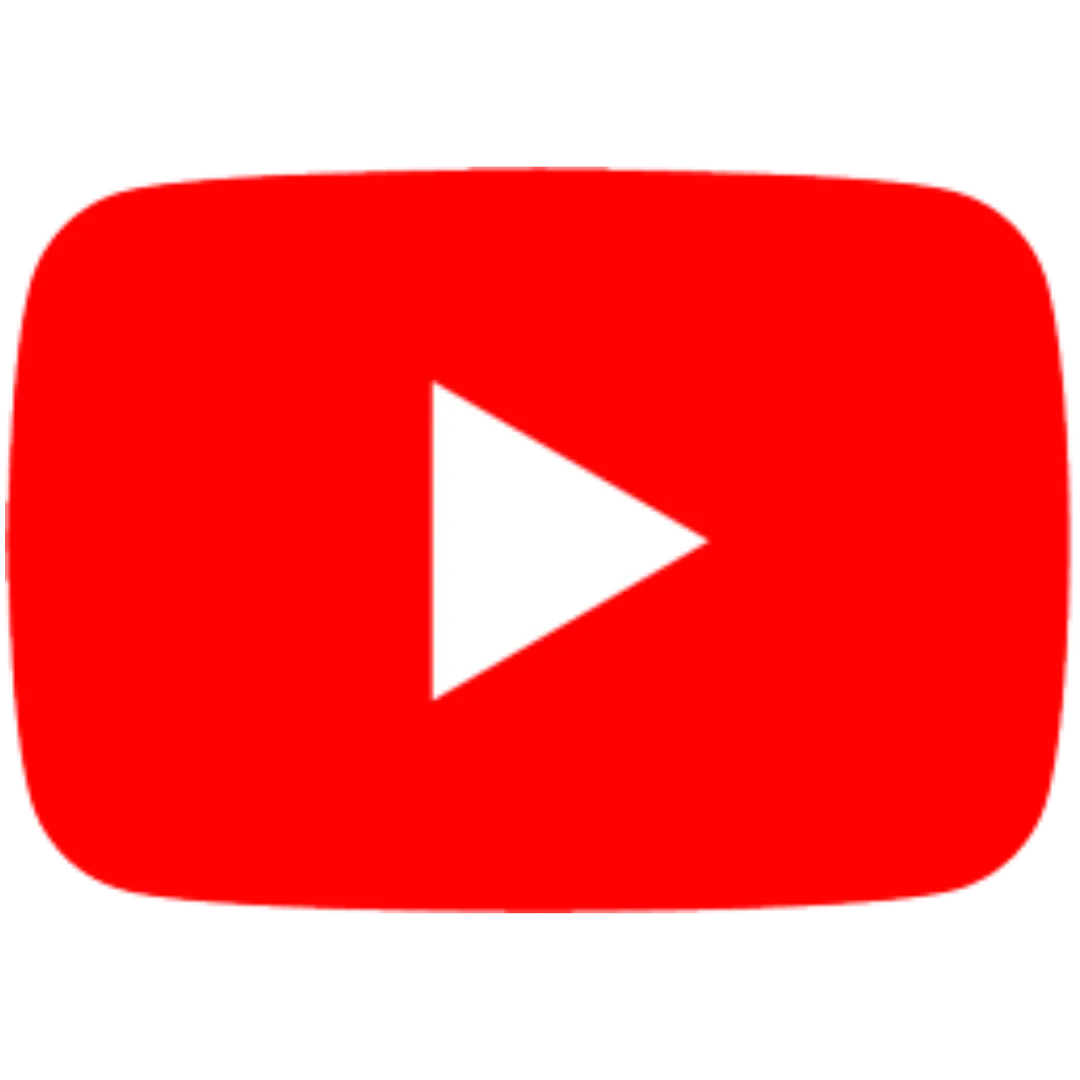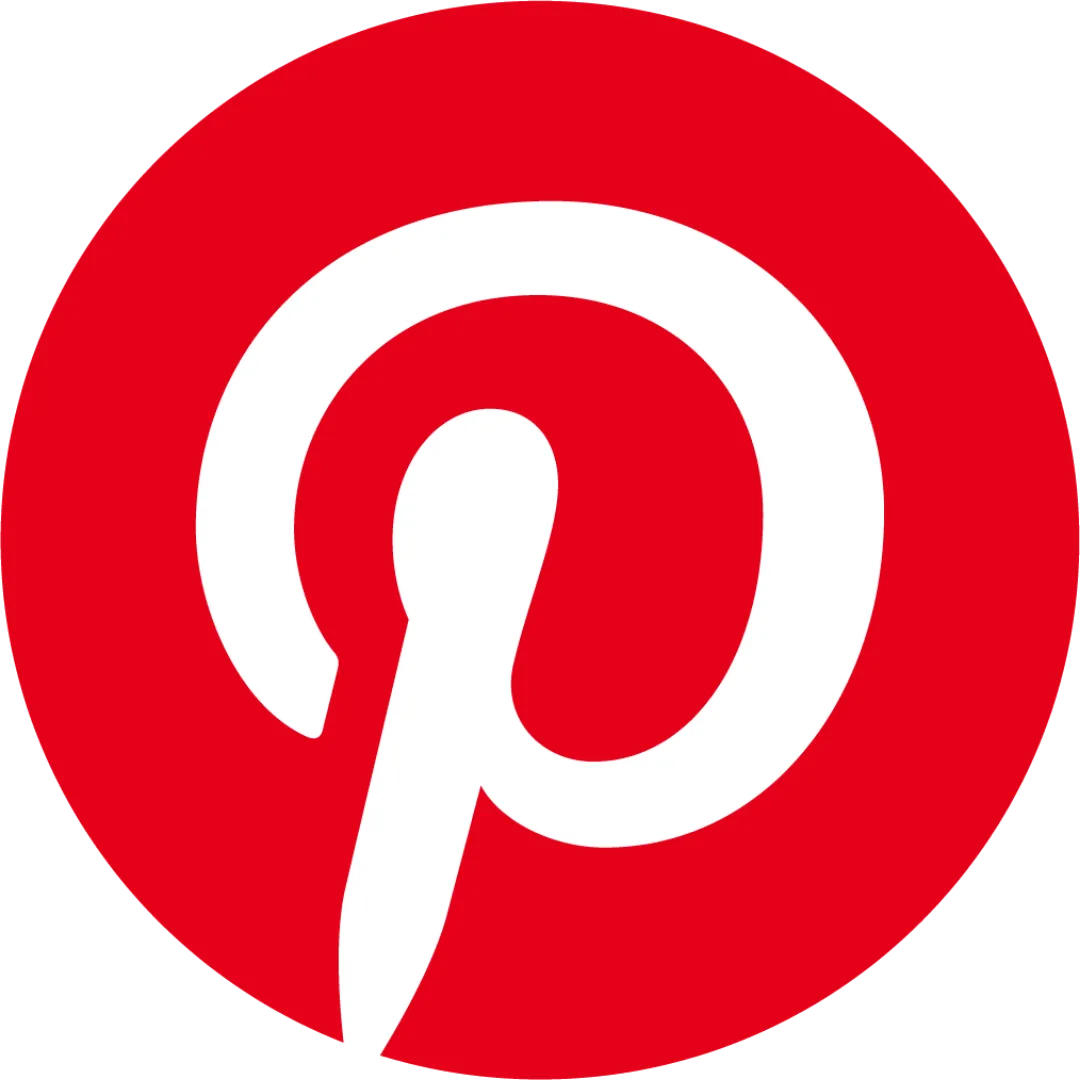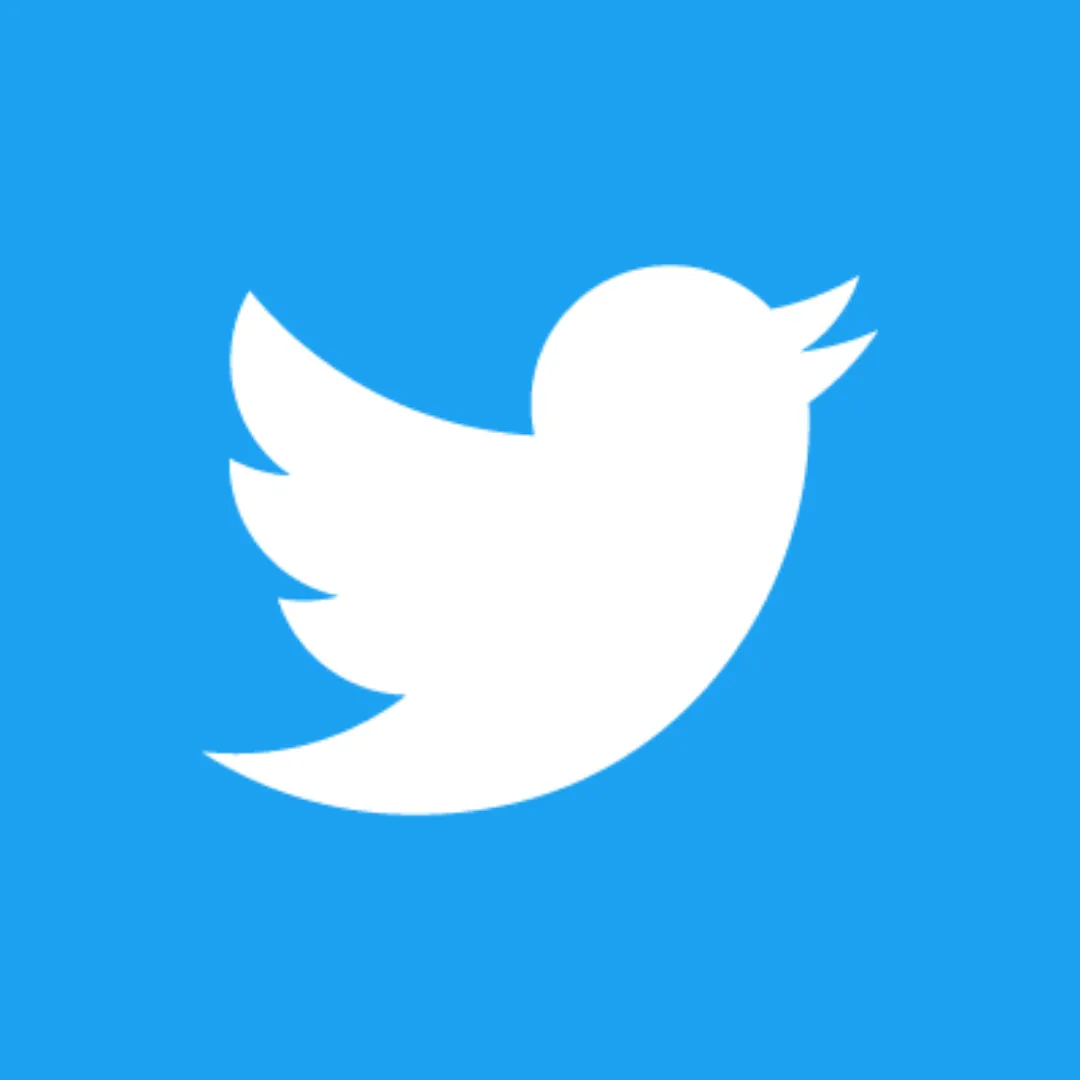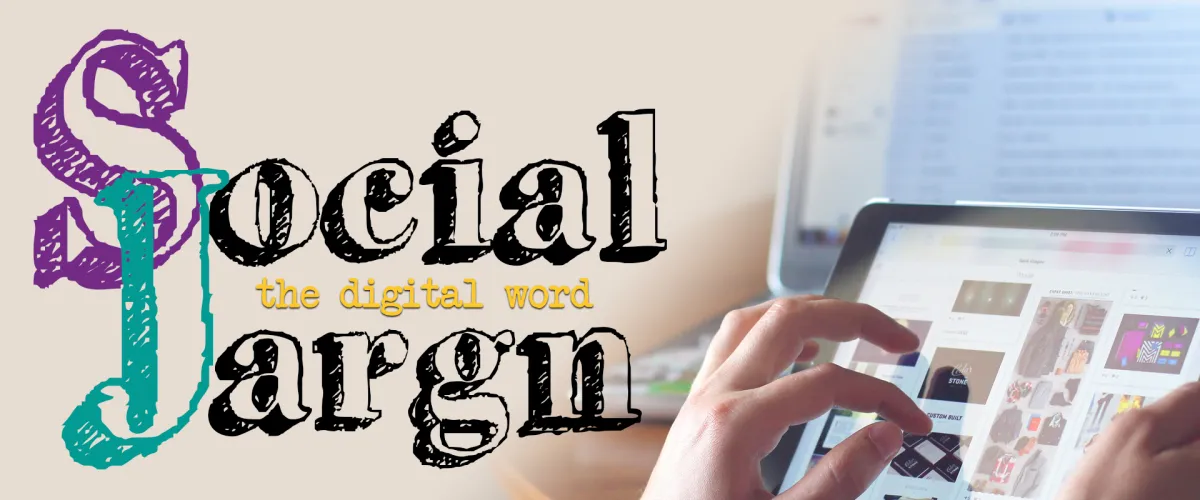
Using the knowledge of the most popular social media platforms to help solopreneurs and small business owners cut out the industry jargon and easily communicate what they do best to the general public.
Social Jargn specializes in the ever-changing world of social media. Through the use of trending (and traditional) marketing principles, methods, and strategies, Social Jargn helps time-crunched, action-taking entrepreneurs and business owners increase lead generation and sales revenue by removing the tech intimidation and overwhelm the wild wild web often brings.
It’s one thing to post on social media and have a sales funnel built; it’s a completely different customer experience when everything in your digital presence is aligned with synergy, which helps build your business to the next level.
We don't have a choice on whether we digitally transform. The choice is in how well we do it.
- Erik Qualman
We don't have a choice on whether we digitally transform. The choice is in how well we do it.
- Erik Qualman

Why is social media marketing so important?
Social media marketing is an essential part of today’s world and an imperative survival tool for your overall business – it doesn’t matter if you run a small, family-owned store in Small Town USA or oversee an international company. You. Need. A. Social. Media. Presence.
Industry authority, credibility, customer loyalty, new patients, continued growth, improved customer experiences, more accurate customer insight, better search engine rankings… and a lot of other “techy” and marketing components like brand recognition, website traffic, door swings, peer-to-peer reviews, etc. all translates into dollars and cents.
The Digital Word

Why Likes and Follows Don't Matter
Why Likes and Follows Don’t Matter

“Back in the day”, the big goal was to get as many Facebook Page Likes and Twitter Followers you could. These were the key metric businesses and organizations using social media were after. When Pages first launched on Facebook, you needed 25 Likes to unlock analytics and your vanity URL. The number would eventually change to 35 and then 50. So these were goals for organizations to achieve as they were launching a new Page.
However, social media has continued to evolve and the algorithms have significantly changed. As more users begin to join social media platforms, the companies behind them are battling the challenge of all the data and how to deliver it to users of the platform. As a solution, algorithms are programmed to deliver the content users are most likely to interact and engage with – versus giving you everything the accounts you follow are publishing. This means the strategy for companies needs to change to be more community-driven and the importance of intriguing and compelling content should be the main focus for businesses, not the number of Likes, Followers, or Subscribers your accounts have.
Don’t misunderstand this for certain metrics required to unlock features on the platforms. For example, YouTube requires 100 subscribers before a channel can unlock a vanity URL and 1,000 before a channel is eligible for monetization options. However, once these benchmarks have been reached the number of subscribers should no longer be a priority.
On Facebook, for example, the algorithm is doing to show content that it believes a user is most interested in based upon previous interactions on the platform. They do this to keep you on their site for longer periods of time and if they are able to give you the information and things you enjoy, the more likely you are to use their platforms. For example, if you interact with a lot of dog photos or cat videos on Facebook, their algorithm goes, “Hey! Ashley likes this kind of content the most so we are going to show her more of it to keep her on our platform.”
This goes for content you may not care for as well – interact with a political post and you’ll start to see more of it in your feed than the dog or cat content.

Why is this important for businesses to know? Because this is how you should be developing your content! Leverage the algorithm on the platforms by publishing engaging, interesting content – but keep it relevant to your business. I wouldn’t want to talk about MyLittlePony just for the sake of MyLittlePony… but if MyLittlePony underwent a rebrand or an attention-grabbing social media campaign, then I would add it to my list of posts to share.
The fact is not everyone who likes your page is going to see your posts – social media doesn’t work the same way an email newsletter does. You may have 20,000 Likes on your Facebook Page but if only 1,000 people engage with your content the other 19,000 probably won’t see it anyway. But… with great content, you’ll reach people who do and do not like your account.
In addition, each platform works a little differently. Which is why its so important for you to understand how each community interacts and functions. For example, as people interact with your posts through likes, reactions, shares, and comments on Facebook and LinkedIn, your content shows up in their friend’s news feeds and that is how you see your reach increase. This is what you want – eyeballs on your content. In comparison, Instagram and YouTube work a little differently in that as people interact, it doesn’t repopulate the feed the same way it does on Facebook. Instead, it shows up in top search results and services your content as “you may also be interested in.”
The moral of the story: focus on top quality content that users are likely to interact with and don’t worry about your Likes or Follower count. As they engage, the content will be seen by people who follow and do not follow your accounts, many times surpassing your account’s follower count anyway.
The Digital Word

Why Likes and Follows Don't Matter
Why Likes and Follows Don’t Matter

“Back in the day”, the big goal was to get as many Facebook Page Likes and Twitter Followers you could. These were the key metric businesses and organizations using social media were after. When Pages first launched on Facebook, you needed 25 Likes to unlock analytics and your vanity URL. The number would eventually change to 35 and then 50. So these were goals for organizations to achieve as they were launching a new Page.
However, social media has continued to evolve and the algorithms have significantly changed. As more users begin to join social media platforms, the companies behind them are battling the challenge of all the data and how to deliver it to users of the platform. As a solution, algorithms are programmed to deliver the content users are most likely to interact and engage with – versus giving you everything the accounts you follow are publishing. This means the strategy for companies needs to change to be more community-driven and the importance of intriguing and compelling content should be the main focus for businesses, not the number of Likes, Followers, or Subscribers your accounts have.
Don’t misunderstand this for certain metrics required to unlock features on the platforms. For example, YouTube requires 100 subscribers before a channel can unlock a vanity URL and 1,000 before a channel is eligible for monetization options. However, once these benchmarks have been reached the number of subscribers should no longer be a priority.
On Facebook, for example, the algorithm is doing to show content that it believes a user is most interested in based upon previous interactions on the platform. They do this to keep you on their site for longer periods of time and if they are able to give you the information and things you enjoy, the more likely you are to use their platforms. For example, if you interact with a lot of dog photos or cat videos on Facebook, their algorithm goes, “Hey! Ashley likes this kind of content the most so we are going to show her more of it to keep her on our platform.”
This goes for content you may not care for as well – interact with a political post and you’ll start to see more of it in your feed than the dog or cat content.

Why is this important for businesses to know? Because this is how you should be developing your content! Leverage the algorithm on the platforms by publishing engaging, interesting content – but keep it relevant to your business. I wouldn’t want to talk about MyLittlePony just for the sake of MyLittlePony… but if MyLittlePony underwent a rebrand or an attention-grabbing social media campaign, then I would add it to my list of posts to share.
The fact is not everyone who likes your page is going to see your posts – social media doesn’t work the same way an email newsletter does. You may have 20,000 Likes on your Facebook Page but if only 1,000 people engage with your content the other 19,000 probably won’t see it anyway. But… with great content, you’ll reach people who do and do not like your account.
In addition, each platform works a little differently. Which is why its so important for you to understand how each community interacts and functions. For example, as people interact with your posts through likes, reactions, shares, and comments on Facebook and LinkedIn, your content shows up in their friend’s news feeds and that is how you see your reach increase. This is what you want – eyeballs on your content. In comparison, Instagram and YouTube work a little differently in that as people interact, it doesn’t repopulate the feed the same way it does on Facebook. Instead, it shows up in top search results and services your content as “you may also be interested in.”
The moral of the story: focus on top quality content that users are likely to interact with and don’t worry about your Likes or Follower count. As they engage, the content will be seen by people who follow and do not follow your accounts, many times surpassing your account’s follower count anyway.
Attention is today's currency.
How can we help you?

Social Media Marketing

Social Media Audits
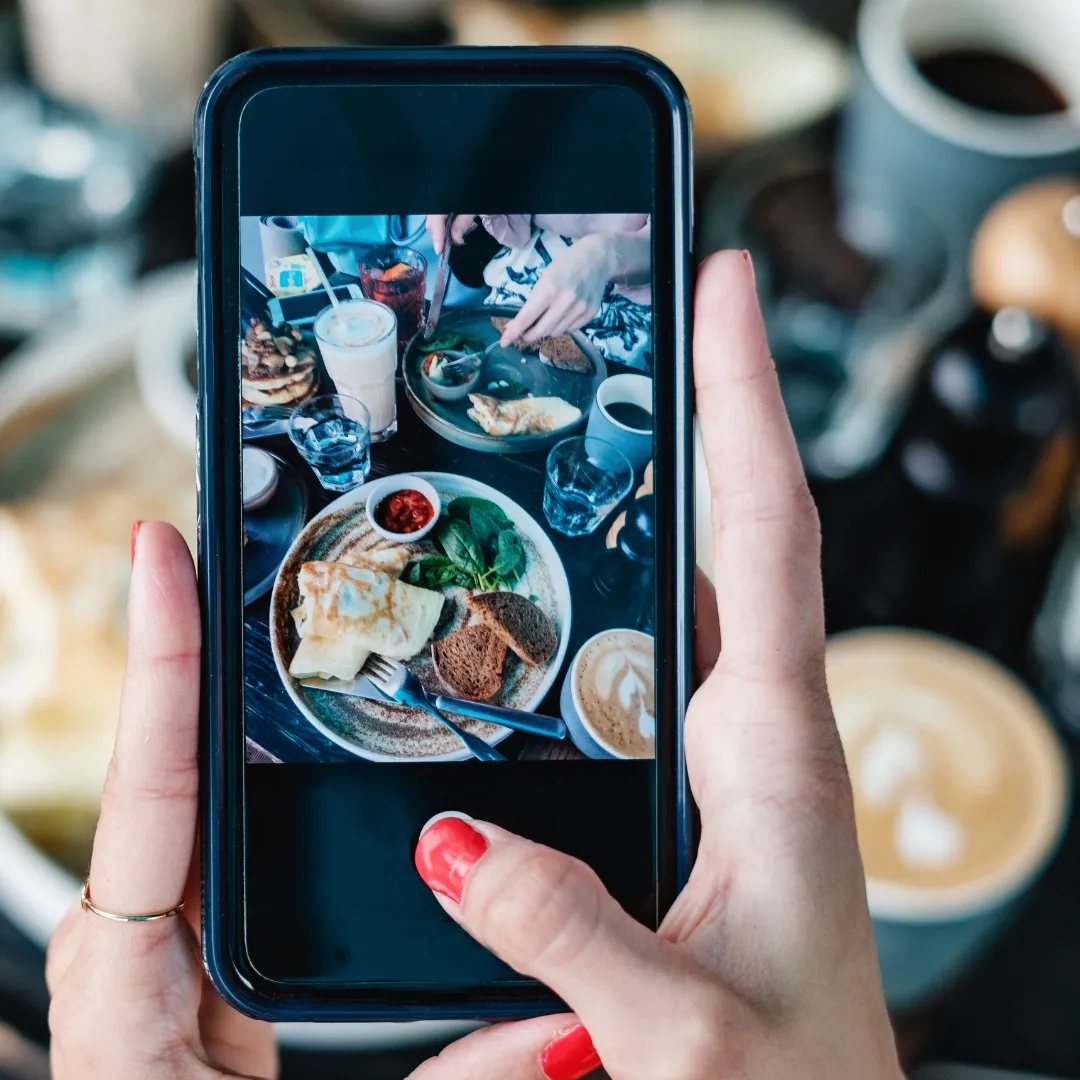
Social Media Strategy

Sales Funnels
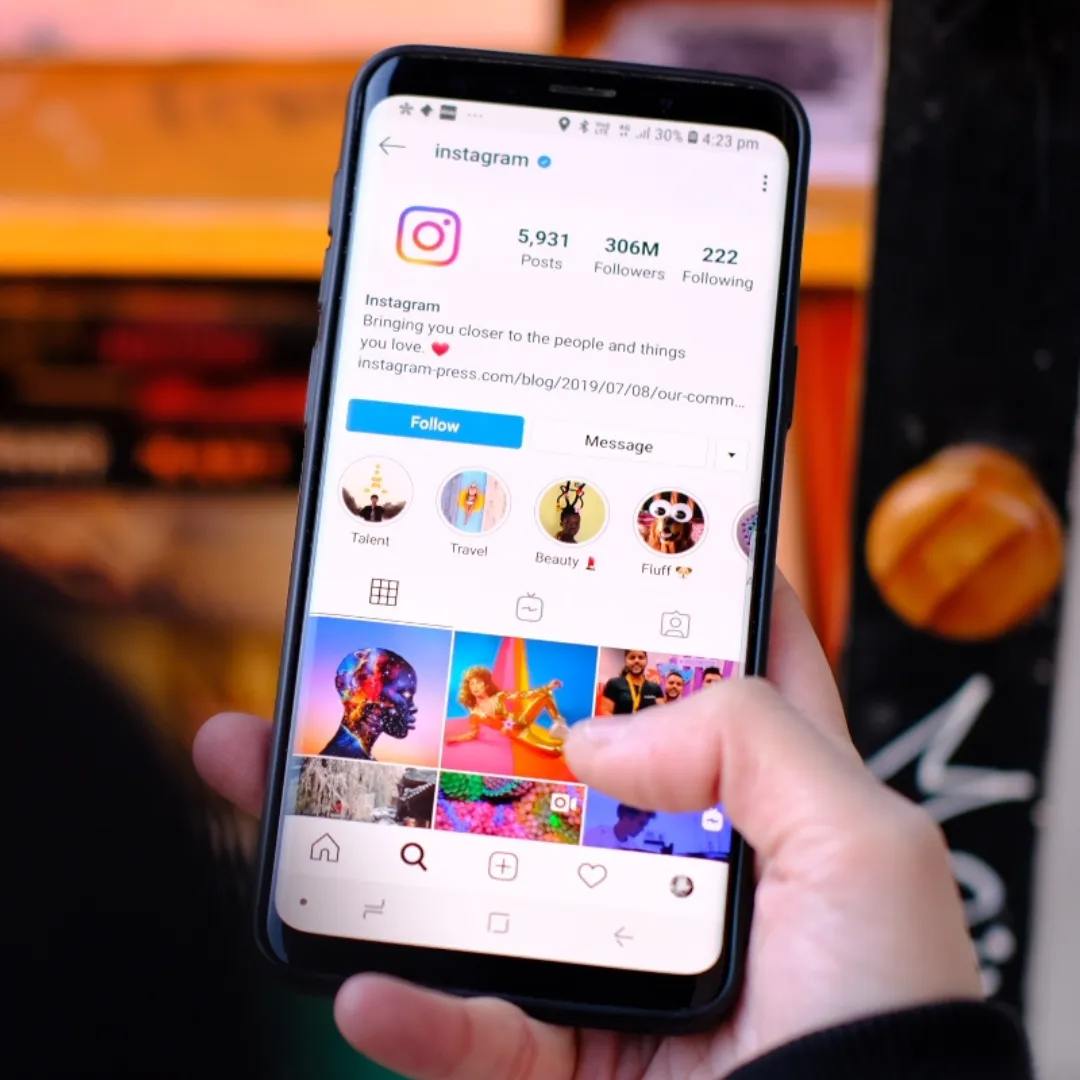
Digital Assets and Course Creation

Event Social Media

Workshops and Training

Consulting and Coaching
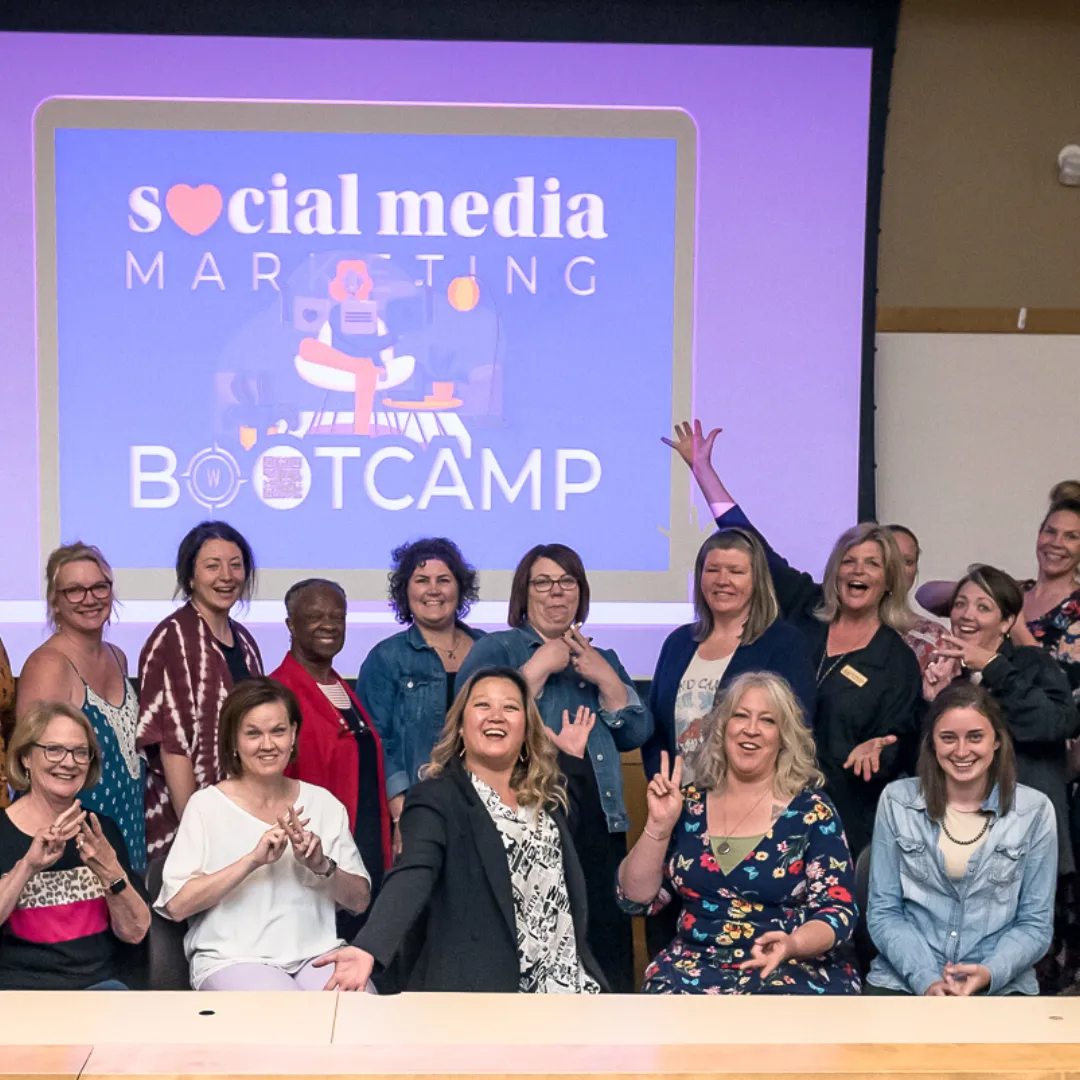
Keynotes and Talks
How can we help you?
Ready to get started? Have more questions? Send us an email!
Testimonials and Reviews

I worked with Ashley for over a year to grow my business and we increased by 700%! She is fast and efficient and has a very fun-loving approach to social media and engagement.
- Teresa

Ashley has been a great addition to our team. She is bright, fun to work with, creative, and enthusiastic. If you need help managing social media she is the one.
- Dr. Steve

With her help, we have obtained the rank of Amazon Best Selling Author, developed my paperback copy of Cultivating Your Character, and in the process of promoting a speaking event with 5 other local presenters.
- Deanna

Ashley has been a wonderful addition to the Day of Excellence team! She has tremendous knowledge of social media and marketing! I love her ideas, contributions, and of course her fun personality!
- Ericka
Testimonials and Reviews

I worked with Ashley for over a year to grow my business and we increased by 700%! She is fast and efficient and has a very fun-loving approach to social media and engagement.
- Teresa

Ashley has been a great addition to our team. She is bright, fun to work with, creative, and enthusiastic. If you need help
managing social media she is the one.
- Dr. Steve

With her help, we have obtained the rank of Amazon Best Selling Author, developed my paperback copy of Cultivating Your Character,
and in the process of promoting a speaking event with 5 other local presenters.
- Deanna

Ashley has been a wonderful addition to the Day of Excellence team! She has tremendous knowledge of social media and marketing! I love her ideas, contributions, and of course her fun personality!
- Ericka
The Digital Word

Why Likes and Follows Don't Matter
Why Likes and Follows Don’t Matter

“Back in the day”, the big goal was to get as many Facebook Page Likes and Twitter Followers you could. These were the key metric businesses and organizations using social media were after. When Pages first launched on Facebook, you needed 25 Likes to unlock analytics and your vanity URL. The number would eventually change to 35 and then 50. So these were goals for organizations to achieve as they were launching a new Page.
However, social media has continued to evolve and the algorithms have significantly changed. As more users begin to join social media platforms, the companies behind them are battling the challenge of all the data and how to deliver it to users of the platform. As a solution, algorithms are programmed to deliver the content users are most likely to interact and engage with – versus giving you everything the accounts you follow are publishing. This means the strategy for companies needs to change to be more community-driven and the importance of intriguing and compelling content should be the main focus for businesses, not the number of Likes, Followers, or Subscribers your accounts have.
Don’t misunderstand this for certain metrics required to unlock features on the platforms. For example, YouTube requires 100 subscribers before a channel can unlock a vanity URL and 1,000 before a channel is eligible for monetization options. However, once these benchmarks have been reached the number of subscribers should no longer be a priority.
On Facebook, for example, the algorithm is doing to show content that it believes a user is most interested in based upon previous interactions on the platform. They do this to keep you on their site for longer periods of time and if they are able to give you the information and things you enjoy, the more likely you are to use their platforms. For example, if you interact with a lot of dog photos or cat videos on Facebook, their algorithm goes, “Hey! Ashley likes this kind of content the most so we are going to show her more of it to keep her on our platform.”
This goes for content you may not care for as well – interact with a political post and you’ll start to see more of it in your feed than the dog or cat content.

Why is this important for businesses to know? Because this is how you should be developing your content! Leverage the algorithm on the platforms by publishing engaging, interesting content – but keep it relevant to your business. I wouldn’t want to talk about MyLittlePony just for the sake of MyLittlePony… but if MyLittlePony underwent a rebrand or an attention-grabbing social media campaign, then I would add it to my list of posts to share.
The fact is not everyone who likes your page is going to see your posts – social media doesn’t work the same way an email newsletter does. You may have 20,000 Likes on your Facebook Page but if only 1,000 people engage with your content the other 19,000 probably won’t see it anyway. But… with great content, you’ll reach people who do and do not like your account.
In addition, each platform works a little differently. Which is why its so important for you to understand how each community interacts and functions. For example, as people interact with your posts through likes, reactions, shares, and comments on Facebook and LinkedIn, your content shows up in their friend’s news feeds and that is how you see your reach increase. This is what you want – eyeballs on your content. In comparison, Instagram and YouTube work a little differently in that as people interact, it doesn’t repopulate the feed the same way it does on Facebook. Instead, it shows up in top search results and services your content as “you may also be interested in.”
The moral of the story: focus on top quality content that users are likely to interact with and don’t worry about your Likes or Follower count. As they engage, the content will be seen by people who follow and do not follow your accounts, many times surpassing your account’s follower count anyway.
The Digital Word

Why Likes and Follows Don't Matter
Why Likes and Follows Don’t Matter

“Back in the day”, the big goal was to get as many Facebook Page Likes and Twitter Followers you could. These were the key metric businesses and organizations using social media were after. When Pages first launched on Facebook, you needed 25 Likes to unlock analytics and your vanity URL. The number would eventually change to 35 and then 50. So these were goals for organizations to achieve as they were launching a new Page.
However, social media has continued to evolve and the algorithms have significantly changed. As more users begin to join social media platforms, the companies behind them are battling the challenge of all the data and how to deliver it to users of the platform. As a solution, algorithms are programmed to deliver the content users are most likely to interact and engage with – versus giving you everything the accounts you follow are publishing. This means the strategy for companies needs to change to be more community-driven and the importance of intriguing and compelling content should be the main focus for businesses, not the number of Likes, Followers, or Subscribers your accounts have.
Don’t misunderstand this for certain metrics required to unlock features on the platforms. For example, YouTube requires 100 subscribers before a channel can unlock a vanity URL and 1,000 before a channel is eligible for monetization options. However, once these benchmarks have been reached the number of subscribers should no longer be a priority.
On Facebook, for example, the algorithm is doing to show content that it believes a user is most interested in based upon previous interactions on the platform. They do this to keep you on their site for longer periods of time and if they are able to give you the information and things you enjoy, the more likely you are to use their platforms. For example, if you interact with a lot of dog photos or cat videos on Facebook, their algorithm goes, “Hey! Ashley likes this kind of content the most so we are going to show her more of it to keep her on our platform.”
This goes for content you may not care for as well – interact with a political post and you’ll start to see more of it in your feed than the dog or cat content.

Why is this important for businesses to know? Because this is how you should be developing your content! Leverage the algorithm on the platforms by publishing engaging, interesting content – but keep it relevant to your business. I wouldn’t want to talk about MyLittlePony just for the sake of MyLittlePony… but if MyLittlePony underwent a rebrand or an attention-grabbing social media campaign, then I would add it to my list of posts to share.
The fact is not everyone who likes your page is going to see your posts – social media doesn’t work the same way an email newsletter does. You may have 20,000 Likes on your Facebook Page but if only 1,000 people engage with your content the other 19,000 probably won’t see it anyway. But… with great content, you’ll reach people who do and do not like your account.
In addition, each platform works a little differently. Which is why its so important for you to understand how each community interacts and functions. For example, as people interact with your posts through likes, reactions, shares, and comments on Facebook and LinkedIn, your content shows up in their friend’s news feeds and that is how you see your reach increase. This is what you want – eyeballs on your content. In comparison, Instagram and YouTube work a little differently in that as people interact, it doesn’t repopulate the feed the same way it does on Facebook. Instead, it shows up in top search results and services your content as “you may also be interested in.”
The moral of the story: focus on top quality content that users are likely to interact with and don’t worry about your Likes or Follower count. As they engage, the content will be seen by people who follow and do not follow your accounts, many times surpassing your account’s follower count anyway.
© 2014 Social Jargn | Cookies Policy | Disclaimers | Privacy Policy | Terms of Service
© 2023 Social Jargn
Cookies Policy | Disclaimers
Privacy Policy | Terms of Service


